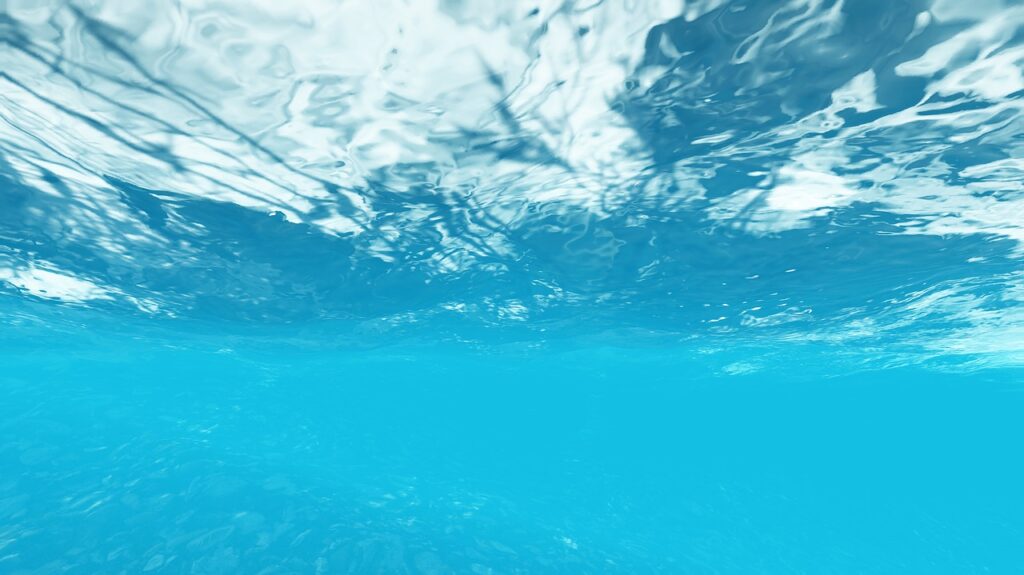A study, in which Deborah Power, from the Centro de Ciência do Mar do Algarve (CCMAR) of the University of Algarve (UAlg) participated, highlights the importance of studying and protecting the marine microbiome – a set of microscopic organisms such as bacteria, viruses and other living beings – existing in the oceans, since less than 1% are known or studied.
The article, signed by more than 50 scientists, defines the immediate challenges facing this effort and calls on researchers, policy makers, educators, funders, entrepreneurs, citizen scientists and the general public to all contribute to this important challenge.
The CCMAR researcher and member of the European Center for Marine Biological Resources (EMBRC) is pleased to see that the oceans are “on the agenda” and that the UN and other organizations have “raised global awareness” of the “importance of the oceans for the planet".
“It is remarkable that although everyone is familiar with marine macro organisms such as whales, fish, crustaceans and molluscs, up to 2/3 of the ocean's biomass corresponds to an extraordinary diversity of microorganisms that are not visible to the naked eye. These microorganisms are the 'engine' of the oceans that affect the climate, productivity, biodiversity and can boost the blue economy, but less than 1% are known or studied», points out the researcher.
Deborah Power also highlights the fact that CCMAR scientists “give their voice” to a call from researchers and organizations about the need for “more research on the marine microbiome”, in the perspective recently published in Nature Microbiology.
Understanding the marine microbiome – the collection of microscopic organisms such as bacteria, viruses and other living things – is one of the most exciting areas of research today and many questions remain unanswered by science.
As teams of researchers around the world continue to unlock its biggest secrets, this document aims to “focus our collective efforts and fight for the tools and means necessary to tackle one of the most important issues in marine biology today”, says the CCMar.
The ocean microbiome is a largely unknown universe of microscopic organisms that form intricate relationships and play roles that benefit the ocean and the planet at large. They are nutrient purveyors, cloud formers, waste eliminators, water purifiers, chemical engineers and architects of the oceanic food web. They produce as much oxygen and absorb more carbon dioxide than all the forests in the world.
Researchers from Tara Oceans, the Tara Ocean Foundation, the European Molecular Biology Laboratory (EMBL) and the European Center for Marine Biological Resources (EMBRC-ERIC) worked together to establish key priorities to address the challenge of understanding the marine microbiome, how it works, how it responds to climate change and fundamentally how this will impact the vital services we depend on from the oceans.
Current threats such as global warming, melting sea ice, ocean acidification, degraded shorelines, overfishing and pollution from plastics or contaminants can alter the marine microbiome and undermine its productivity, the amount of oxygen they produce and the amounts of carbon they transport to the deep ocean.



















Comments